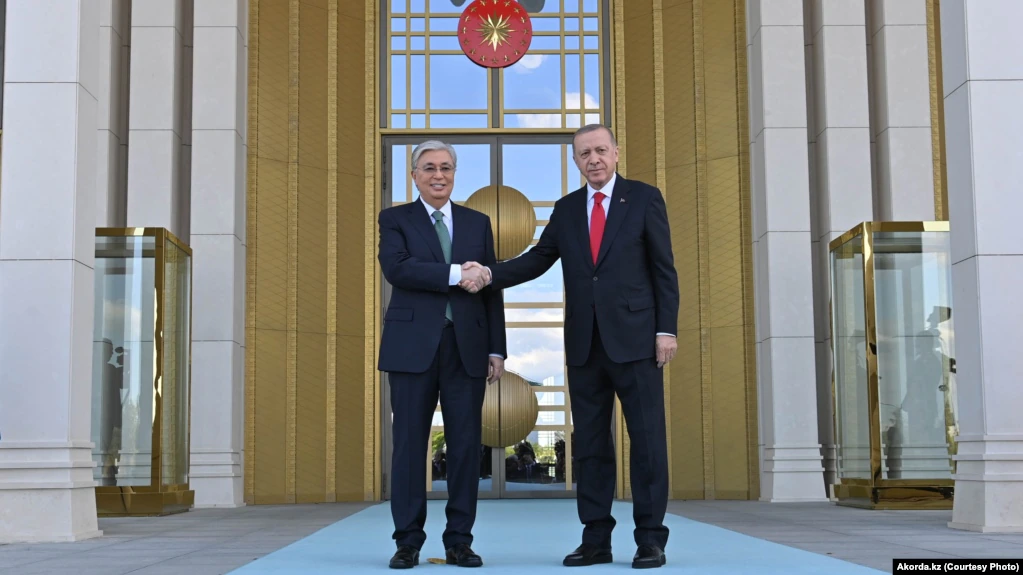US stops refueling tanker planes supporting Afghan war in price dispute at key transit base
Prime Minister Vladimir Putin on Saturday urged Kyrgyzstan's interim leaders to end political uncertainty, saying Moscow was considering more aid for the embattled Central Asian state.


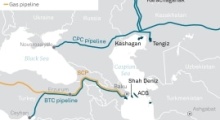

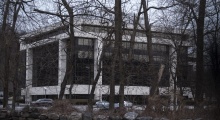
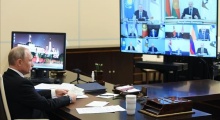

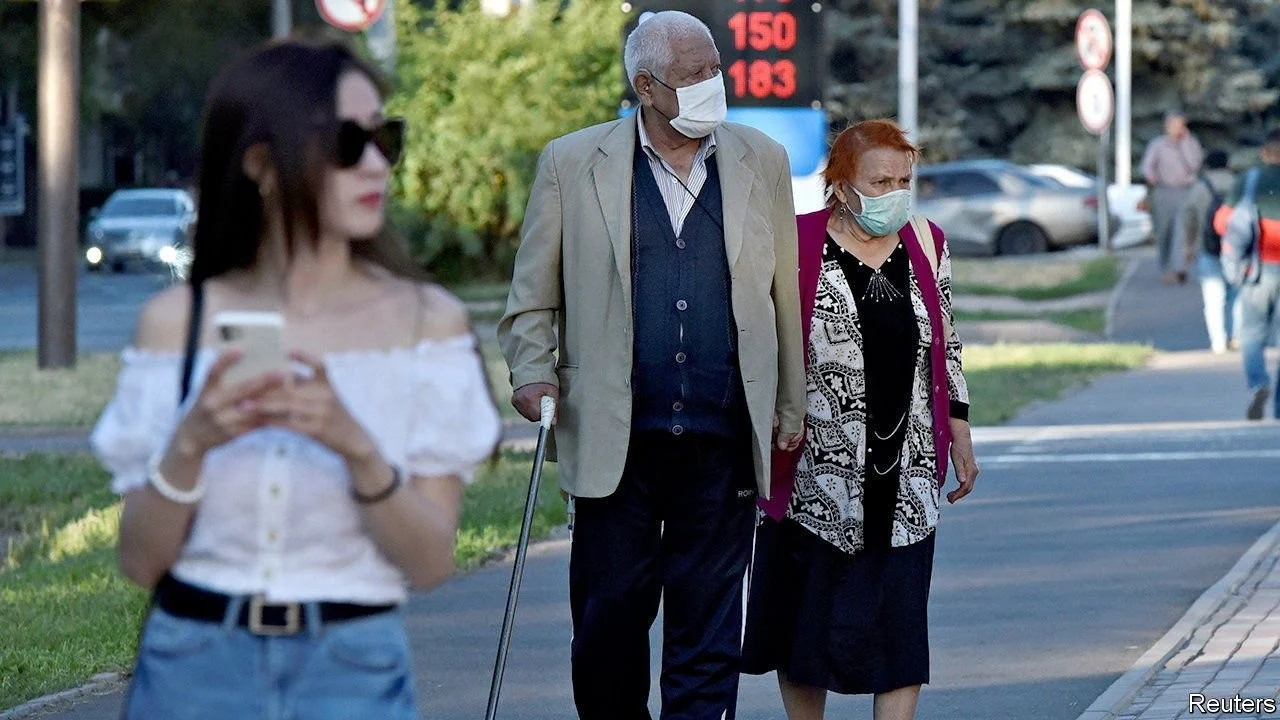
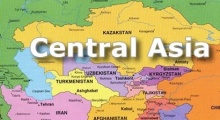
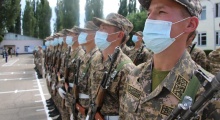

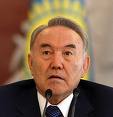 Kazakhstan has made its president "Leader of the nation", granting him immunity from any prosecution, just weeks before it is due to chair a major international conference on democracy and human rights.
Kazakhstan has made its president "Leader of the nation", granting him immunity from any prosecution, just weeks before it is due to chair a major international conference on democracy and human rights.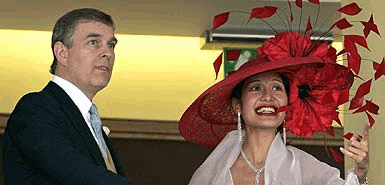 Prince Andrew was involved in the controversial sale of his former home to an oil tycoon for £3million more than the market price, it was claimed yesterday.
Prince Andrew was involved in the controversial sale of his former home to an oil tycoon for £3million more than the market price, it was claimed yesterday.


